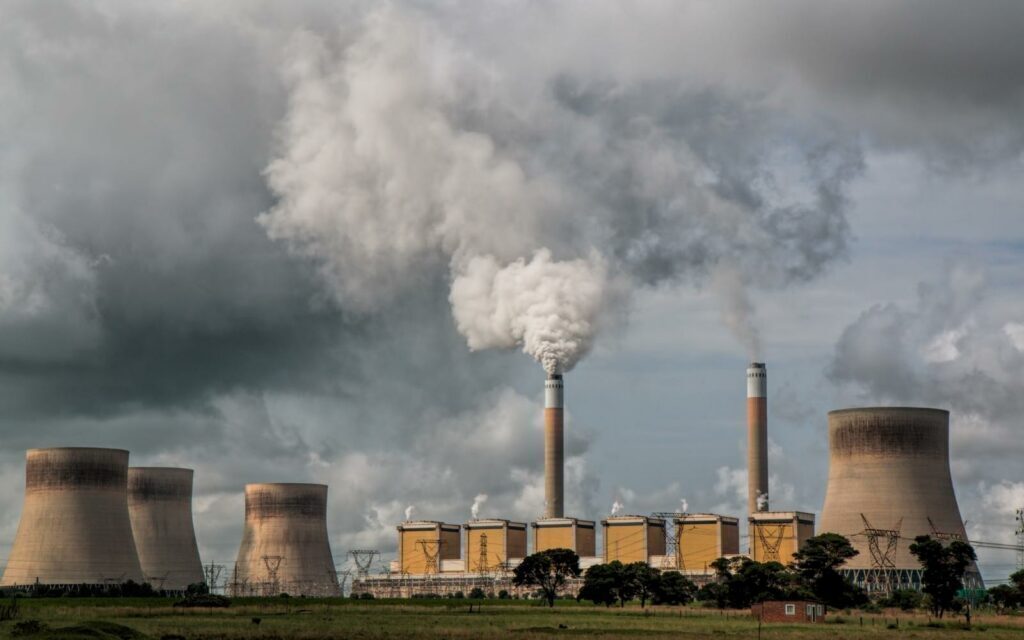By the end of last year, 2021 had the most load shedding South Africa had seen with 1,169 hours of rolling blackouts in total. 2022 is nearly done and with two months still to go, we’ve almost doubled the total hours. A quick glance at EskomSePush tells us we’re sitting on 2,096 hours in total.
So we think it’s safe to say the SA government could use a little help.
Luckily, Germany seems willing and able. The European country has pledged a further €355 million (R6.2 billion) to help pull South Africa away from the coal-fuelled nightmare we can’t wake up from. It’s not exactly ‘saving’ us, but it’s a start.
South Africa’s got the greenies
Last week Friday saw a German delegation say that it would land in Pretoria to discuss the deal. The delegation ended up agreeing to fund South Africa’s transition to greener energy over the next two years. The deal specifically focuses on green energy, skills development, training and better health and inclusivity factors. The money will be spread out over the two years, coming in the form of grants and subsidised loans.
Just a few months ago, Cyril Ramaphosa announced the Just Transition Framework, our slightly too-late initiative to make the switch over to renewable energy, away from fossil fuels. Why? Because South Africa is currently thirteenth on the list when it comes to sources of greenhouse gases. To truly make the switch away from fossil fuels to renewable energy, we’re looking at a spend of about $250 billion to get us over that line. And we need to spend it before the year 2050. We doubt there’ll be a problem with the ‘spending’ part, hopefully it’s on the right stuff.
Read More: Guess who’s back — it’s load shedding
The Just Transition Framework inked terms with the UK, Germany, France, the US and the EU to receive $8.5 billion (R140 billion) for the same reasons that Germany has pledged more money – no more coal. While it’s hard for most of us to get our hopes up, Ramaphosa is quite confident that the framework will give us a huge push in battery storage, EVs, the hydrogen sector and of course, renewable energy.
“South Africa and Germany will further strengthen the existing bilateral TVET & Skills Development cooperation and complement these by further initiatives focusing on pathways from learning to earning,” the German delegation said.
Source: BusinessTech




